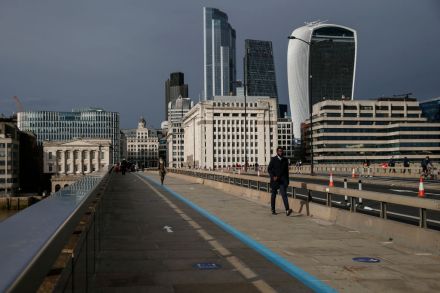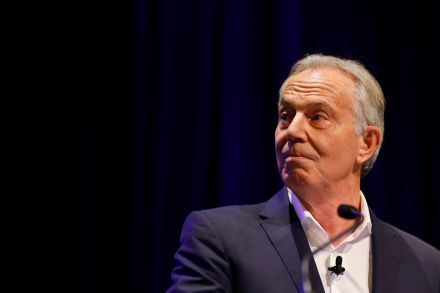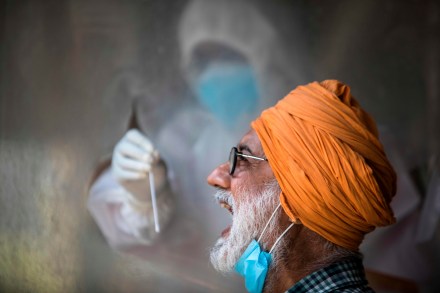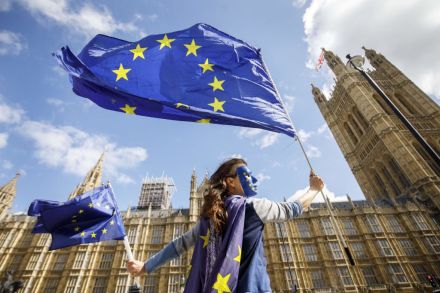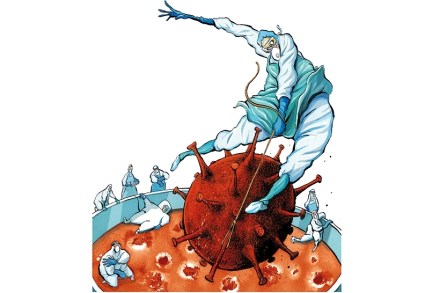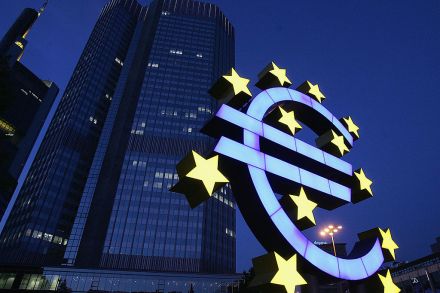Study: AstraZeneca vaccine highly effective in India
Does the Indian variant of Sars-CoV-2, B1.617.2, have the capacity to escape vaccines? Is it really more transmissible than the Kent variant, and by how much? Those are the urgent questions which government scientific advisers are going to have to try to answer over the next week or two – and the answers will have







